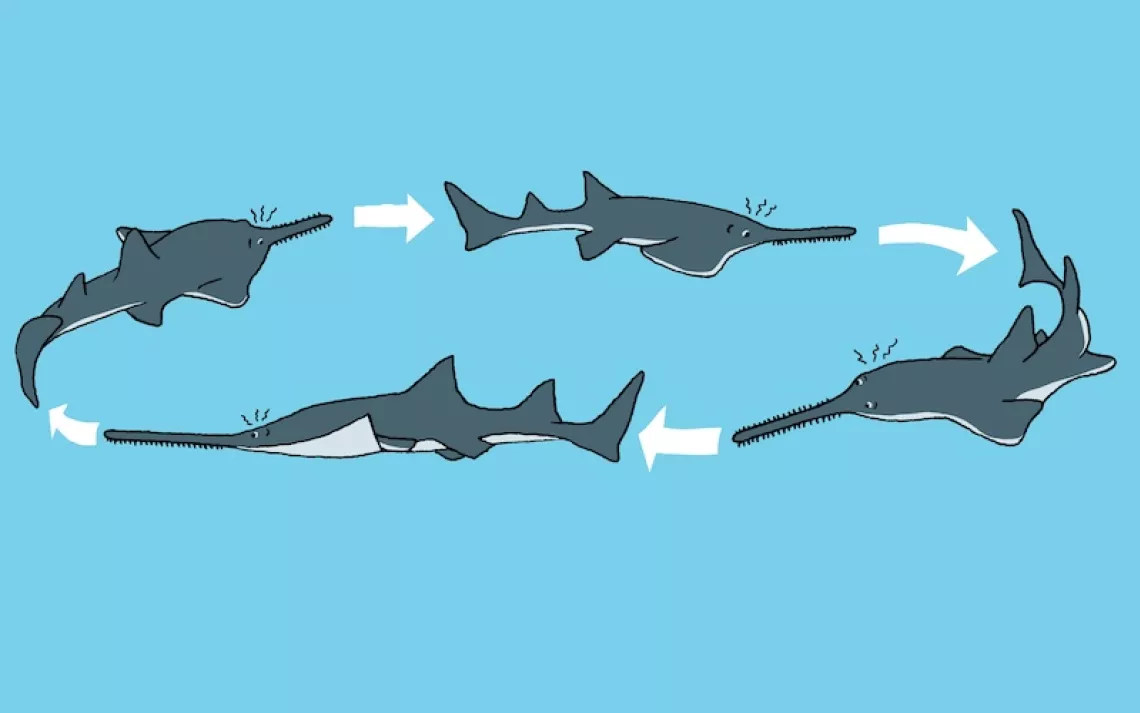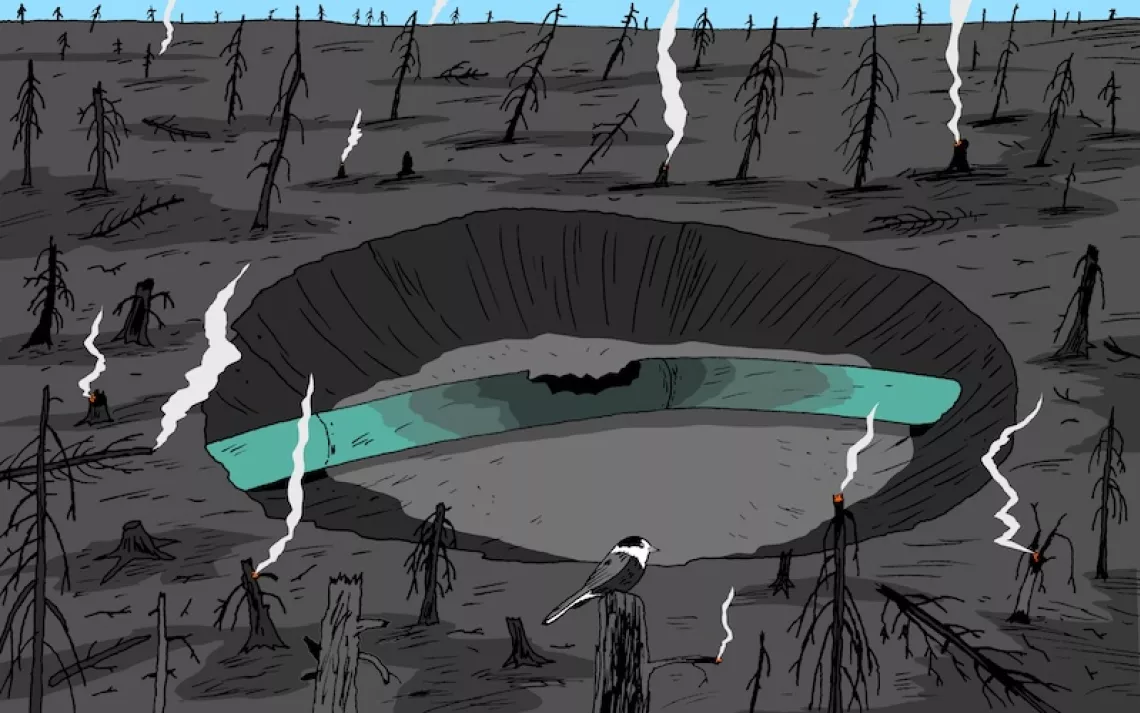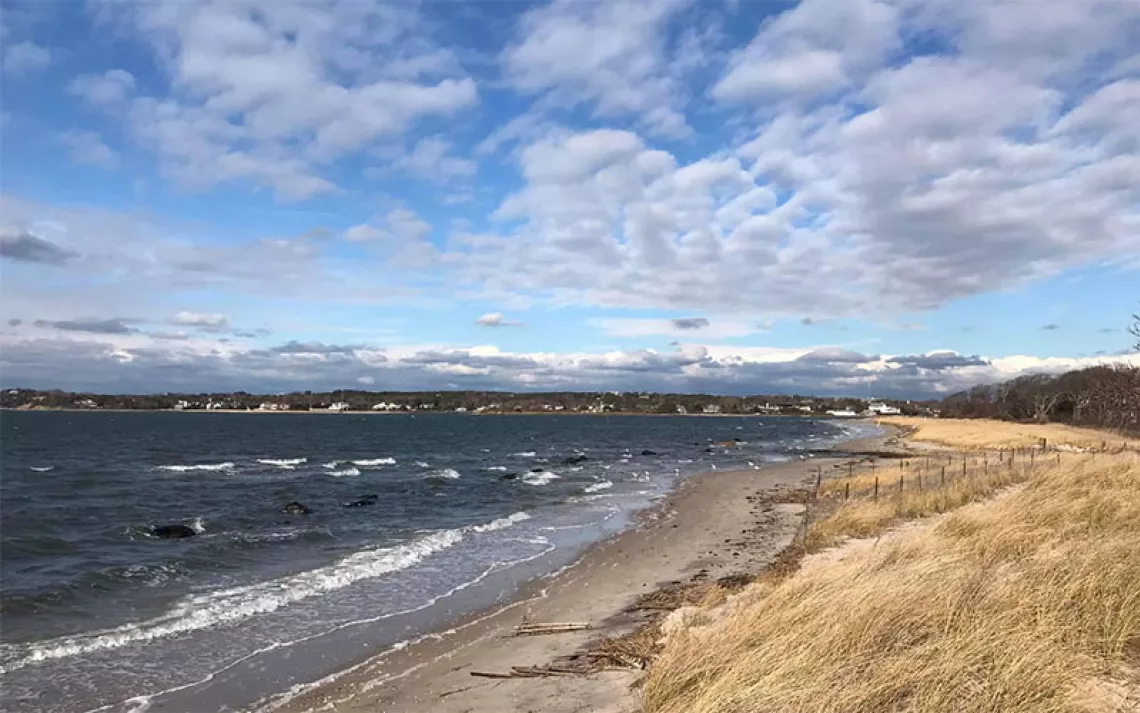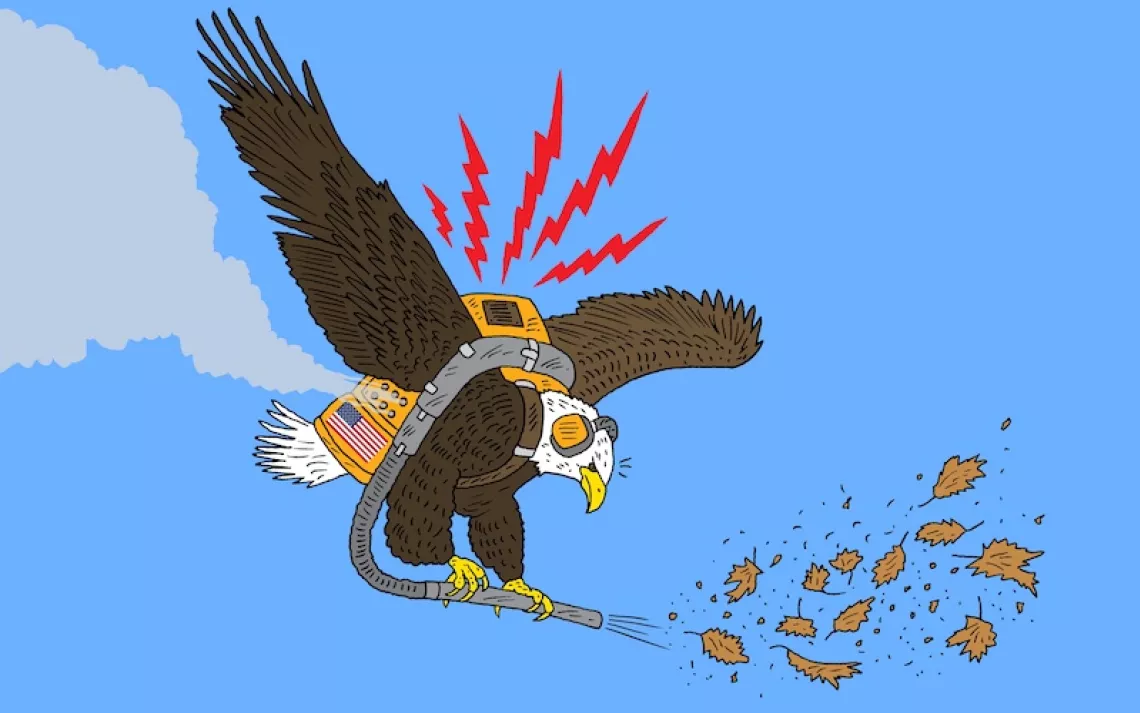ICYMI: Sending Botswana's Elephants to Germany, Lucky Salmon Smolts, Garbage Lasagna & Trouble at Tesla
Environmental news of the week for busy people

Botswana threatens to deport 20,000 elephants to Germany.
Eighty percent of the world’s greenhouse gas emissions since 2016 come from the oil, gas, coal, and cement operations of just 57 companies and countries.
New studies show that rotting food waste—a.k.a. “garbage lasagna”—in landfills emits far more planet-warming methane than previously understood.
Sulfuryl fluoride, a toxic gas used in fumigations, has a greenhouse effect 7,500 times that of carbon dioxide. Because of its use of “termite tents,” California emits more of it than do 48 other states combined.
For the second year in a row, California has an above-normal snowpack at 110 percent of its historical average.
Climate-change-induced drought in West Africa causes the cocoa supply to decline by more than 10 percent, sending chocolate prices soaring.
Highly social birds are more likely to exploit novel food sources.
Cows in Ohio test positive for H5N1 bird flu, making Ohio the sixth state to which it has spread. Cal-Maine Foods, the largest egg producer in the US, culls nearly 2 million chickens after bird flu strikes its plant in Texas. The latest species to contract avian flu: cats. Also, a human.
In Oregon, a truck carrying more than 100,000 Chinook salmon smolts overturns while driving along Lookingglass Creek, a tributary of the Grande Ronde River. Three-quarters of the fish make it into the creek and swim away.
A spill of liquid nitrogen fertilizer kills all fish life on a 60-mile stretch of river in Missouri and Iowa. Almost 800,000 fish die in the Nishnabotna and Missouri Rivers.
The EPA warns of the “serious, permanent, and irreversible health risks” that the widely used pesticide DCPA, or Dacthal, poses to pregnant farmworkers and their developing fetuses. The warning may be the prelude to cancellation and eventual banning.
Iowa’s state senate passes a bill that would give pesticide manufacturers immunity against suits claiming that their products caused cancer.
Heavy rains cause a large chunk of California’s iconic Highway 1 to crumble into the Pacific, temporarily stranding 1,600 people in Big Sur.
Tesla sales are slipping, possibly because of potential buyers’ aversion to Elon Musk’s personality and politics. Meanwhile, 30 percent of Americans say they would never buy an EV.
Disneyland’s Autopia is getting rid of gasoline-fueled cars.
Granite Shore Power agrees to retire coal-burning units at its Merrimack and Schiller power plants within the next four years. This will make New Hampshire the 16th coal-free state, and will make all of New England coal-free by 2028.
The Biden administration approves the country’s eighth large offshore wind project.
Enviva, the world’s largest maker of wood pellets, declares bankruptcy. Many European nations are relying on wood pellets to meet their climate goals under the Paris Agreement.
NOAA says that the “unusual mortality event” that led to hundreds of dead gray whales washing up on West Coast beaches is over, as the number of calves traveling with migrating mothers has nearly doubled.
Polynesian Indigenous leaders in New Zealand, Tahiti, and the Cook Islands recognize the legal personhood of whales.
 The Magazine of The Sierra Club
The Magazine of The Sierra Club







